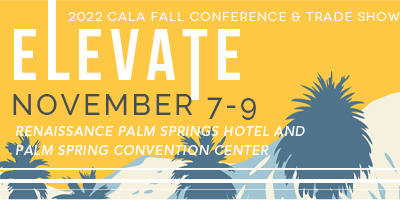What is the definition of Assisted Living? How is it different than other types of senior housing?
Assisted Living is a combination of housing and services for those who need help with some activities of daily living (meals, medication assistance, toileting, etc.) but do not need around-the-clock medical care. Learn more about how Assisted Living differs from other types of senior housing, such as skilled nursing facilities.
How are Assisted Living communities licensed and regulated in California?
Assisted Living communities are licensed by the California Department of Social Services (DSS) Community Care Licensing Department (CCLD) as Residential Care Facilities for the Elderly (RCFE). RCFEs are regulated by the California Code of Regulations Title 22 and the RCFE Act. Learn more about Assisted Living regulations in California.
If you’d like to learn more about the licensing history of a specific Assisted Living community, contact the CCLD office which oversees the applicable county.
How much does Assisted Living cost in California, and who pays for it?
Assisted Living costs vary by location and the types of services needed or desired. In California, Assisted Living is almost all private-pay. It is not covered by Medicare or by MediCal except through the Assisted Living Waiver Program, an option for low-income residents available in a handful of counties. Learn more about average Assisted Living costs in California.
How do I find an Assisted Living community in my area that provides the services I need?
There are approximately 7,500 Assisted Living communities in California, and finding a good fit can seem daunting at first. Begin your search by referring to our helpful tips on shopping for Assisted Living. This list of referral service companies can help you narrow down your choices; or, you can search for a CALA-member provider in your area.
What do I need to know to get a job at an Assisted Living community?
To be employed at an Assisted Living community in California, you will have to pass a criminal background check. Specialized training is required for many positions and will be provided to you by the employer.
If you are interested in becoming an administrator, you will have to complete an initial administrator course and test to receive an RCFE certificate. Many of our education & training associate members provide the initial RCFE Administrator courses, as well as continuing education units (CEUs) to help you maintain certification. You can also earn CEUs at CALA events.
I represent a company that provides products and/or services to senior housing. What opportunities do you have to connect with Assisted Living providers?
We have many different ways for you to connect with our provider members throughout the state. You can join CALA as an associate member, exhibit at our bi-annual trade shows, or advertise in our publications, to name a few. Contact Nancy Ball to learn about these and more opportunities.
Who should I contact about a specific regulation or piece of legislation?
If you have questions about any regulation found in Title 22 or the RCFE Act, check CALA’s Provider Resources webpage. There, you’ll find resources, including regulations, on topics such as medication management, dementia care, hospice, emergency preparedness, and bedridden requirements. Still need help? Contact Selena Coppi Hornback.
One of CALA’s most important missions is to provide leadership in the state legislature. Check our website for CALA’s positions on current bills, and contact Heather Harrison if you have any further questions about legislation.



